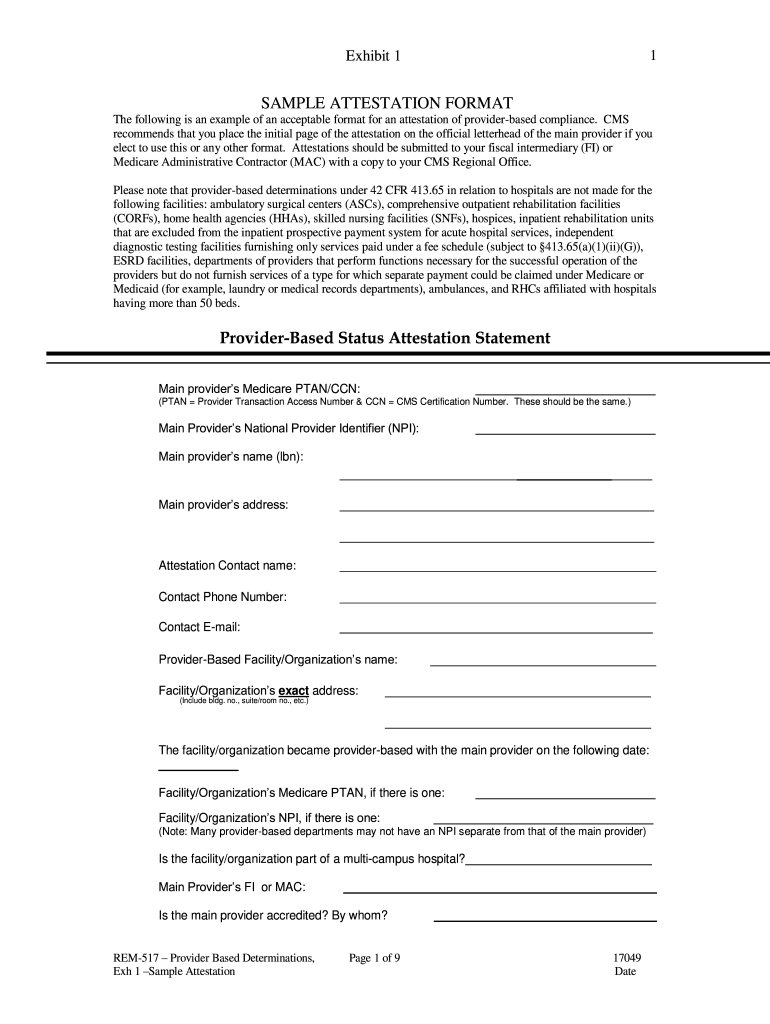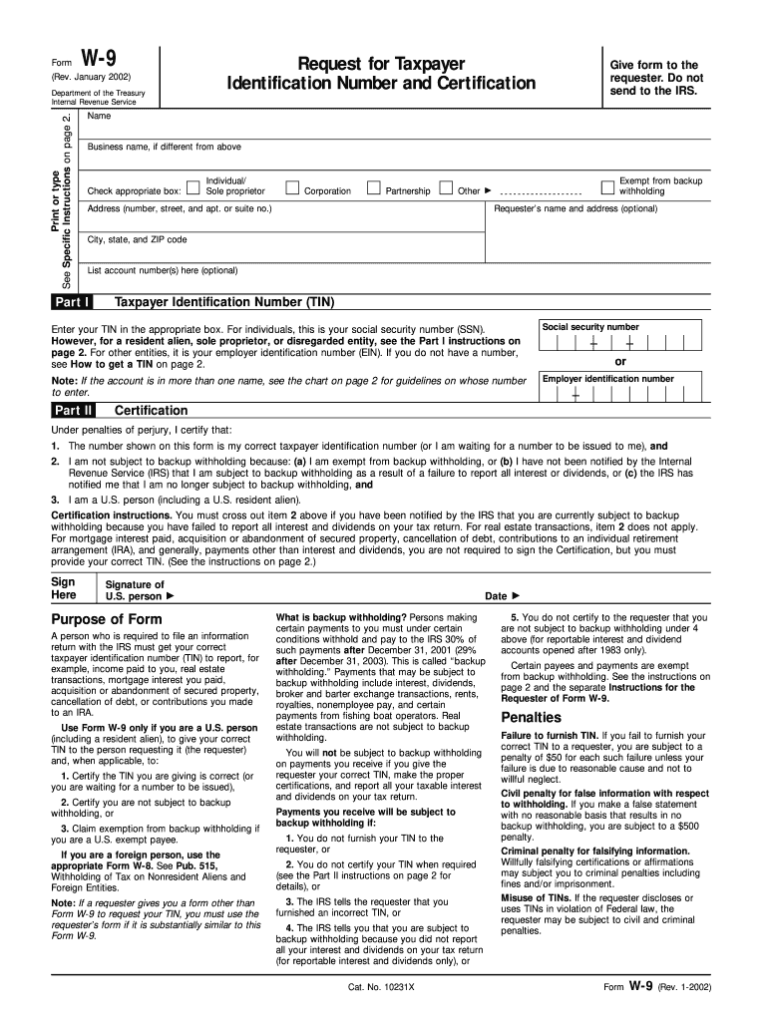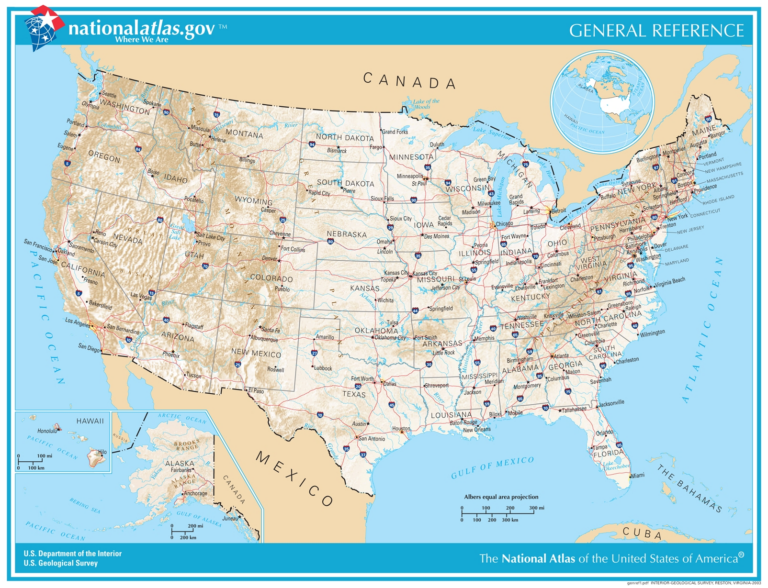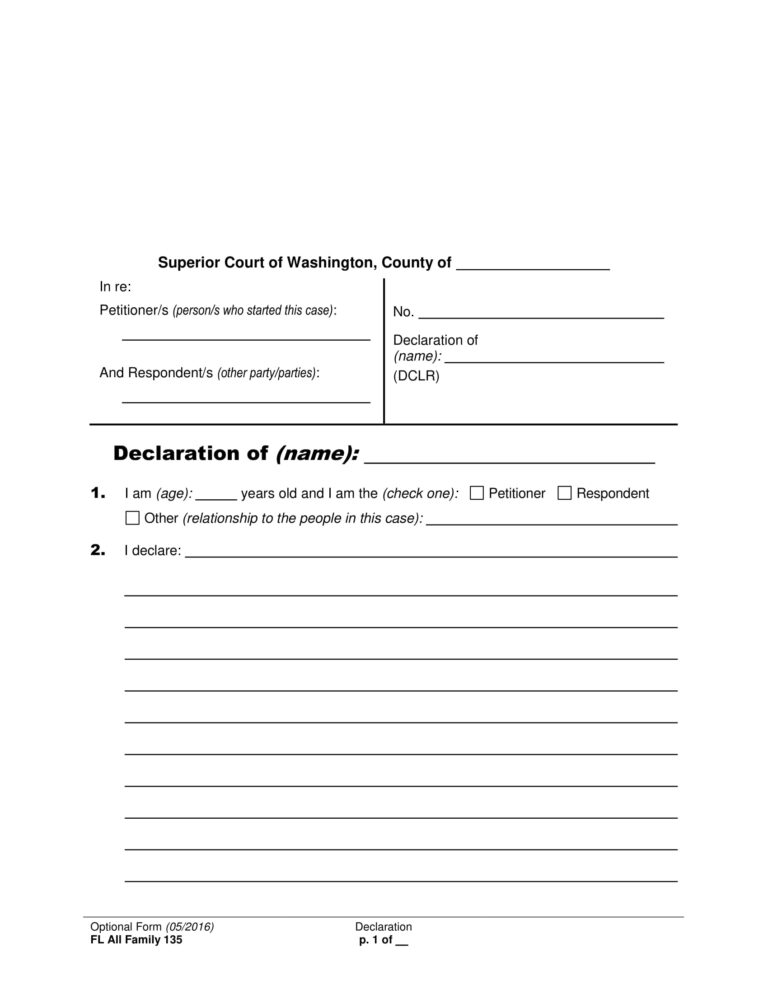Free Attestation Form PDF Download: A Comprehensive Guide
Attestation forms are essential documents that serve as legal declarations, providing verification and confirmation of specific facts or statements. Whether you’re seeking employment, applying for a visa, or handling financial transactions, attestation forms play a crucial role in establishing your credibility and authenticity.
To simplify the process of obtaining an attestation form, we’ve created this comprehensive guide that includes a link to a reputable website where you can download a free PDF template. We’ll also delve into the significance of attestation forms, provide step-by-step instructions on how to fill them out, and discuss the importance of notarization.
How to Fill Out an Attestation Form
Filling out an attestation form can be a bit daunting, but it doesn’t have to be. Here’s a step-by-step guide to help you fill out an attestation form accurately and efficiently.
Tips for Filling Out an Attestation Form
- Read the instructions carefully. Make sure you understand what information is required and how to fill out the form.
- Use a black or blue pen. Do not use pencil or erasable ink.
- Write clearly and legibly. Make sure your handwriting is easy to read.
- Be accurate. Do not guess or estimate information. If you are not sure about something, leave it blank and ask for clarification.
- Be complete. Fill out all of the required fields. Do not leave any blanks.
- Sign and date the form. This is required for the form to be valid.
Common Mistakes to Avoid
- Do not use abbreviations or acronyms.
- Do not write in the margins.
- Do not cross out or white out any mistakes. If you make a mistake, simply draw a line through it and write the correct information next to it.
- Do not sign the form until you have filled out all of the required fields.
Attestation Form Examples

There are many different types of attestation forms, each with its own specific use. It is important to use the correct attestation form for the specific situation.
Some of the most common types of attestation forms include:
Types of Attestation Forms
- Affidavit: An affidavit is a written statement that is sworn to before a notary public. Affidavits are often used to verify facts or to provide evidence in legal proceedings.
- Certification: A certification is a written statement that is signed by a person who has knowledge of the facts being certified. Certifications are often used to verify the accuracy of documents or to provide evidence of compliance with a particular standard.
- Attestation: An attestation is a written statement that is signed by a person who has witnessed an event or transaction. Attestations are often used to verify the identity of a person or to provide evidence of the occurrence of an event.
Real-Life Examples
Here are some real-life examples of attestation forms:
- An affidavit can be used to verify the identity of a person who is applying for a passport.
- A certification can be used to verify the accuracy of a financial statement.
- An attestation can be used to verify the occurrence of a marriage or birth.
Importance of Using the Correct Form
It is important to use the correct attestation form for the specific situation because each type of attestation form has its own specific purpose and legal requirements. Using the wrong attestation form can result in the document being invalid or unenforceable.
Attestation Form Notarization

Notarization of an attestation form is a critical step that adds legal validity and authenticity to the document. It involves having an official, known as a notary public, verify the identity of the person signing the form and witnessing their signature. Notarization is required in certain situations, such as when the form is used for legal purposes or when it needs to be submitted to official bodies.
To get an attestation form notarized, you will need to visit a notary public. You can find a notary at banks, courthouses, or other designated locations. The notary will ask you to provide identification, such as a passport or driver’s license, and will then witness you signing the form. The notary will then stamp and sign the form, indicating that they have verified your identity and witnessed your signature.
Benefits of Notarizing an Attestation Form
- Adds legal validity: A notarized attestation form carries more legal weight than an unnotarized form. It is recognized by courts and other official bodies as a genuine document.
- Prevents fraud: Notarization helps to prevent fraud by verifying the identity of the person signing the form. This makes it more difficult for someone to forge or alter the document.
- Provides peace of mind: Having an attestation form notarized gives you peace of mind that the document is legally valid and authentic. This can be especially important if the form is being used for important purposes, such as legal proceedings or financial transactions.
FAQ
What are the common uses of attestation forms?
Attestation forms are widely used in various scenarios, including employment applications, visa applications, financial transactions, educational certifications, and legal documents.
Can I use a free attestation form PDF template?
Yes, there are reputable websites that offer free attestation form PDF templates. However, it’s important to verify the authenticity and reliability of the source before downloading.
What should I keep in mind when filling out an attestation form?
When completing an attestation form, ensure accuracy, clarity, and completeness. Provide all necessary information, including your full name, address, contact details, and a clear statement of the facts you’re attesting to.
When is notarization of an attestation form required?
Notarization is typically required when the attestation form is intended for official or legal purposes, such as legal documents, financial transactions, or international use.




